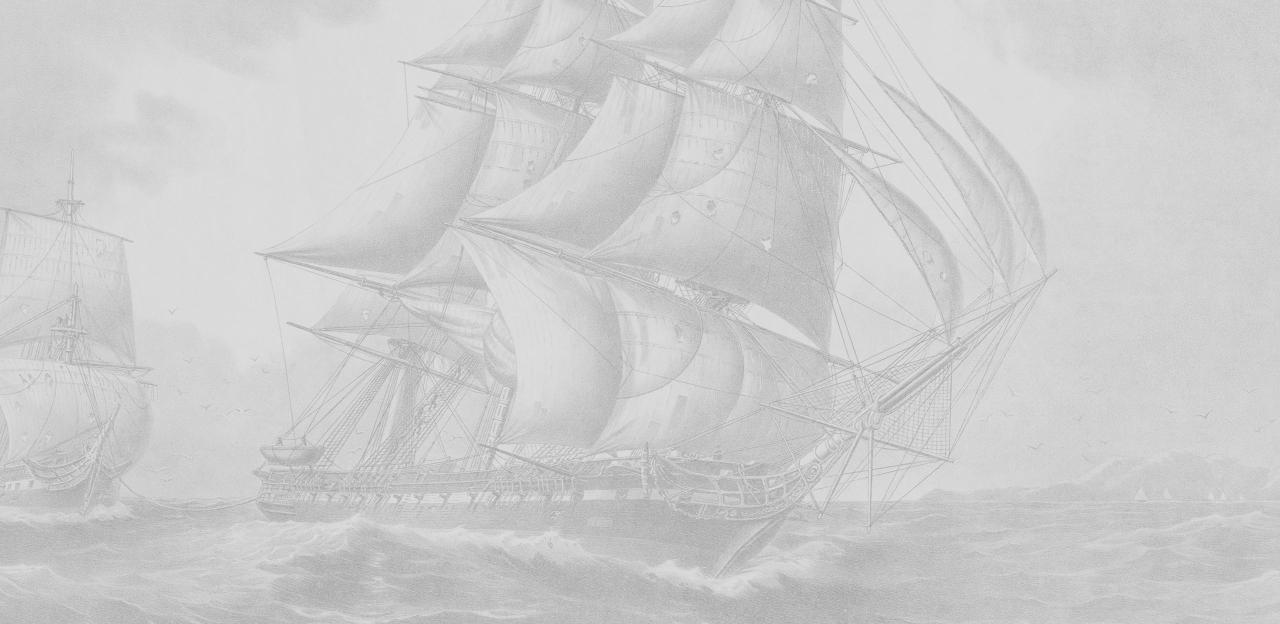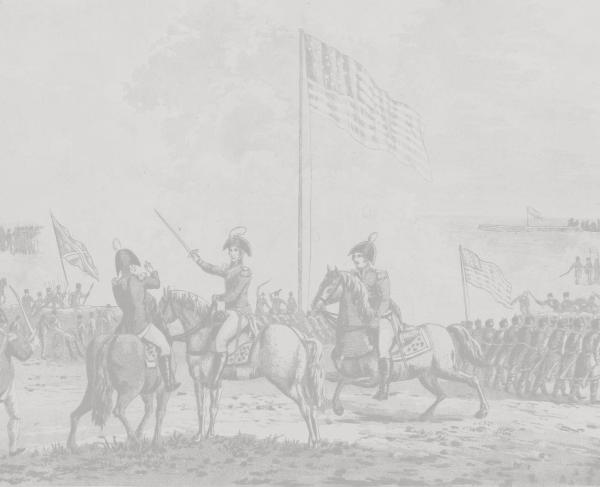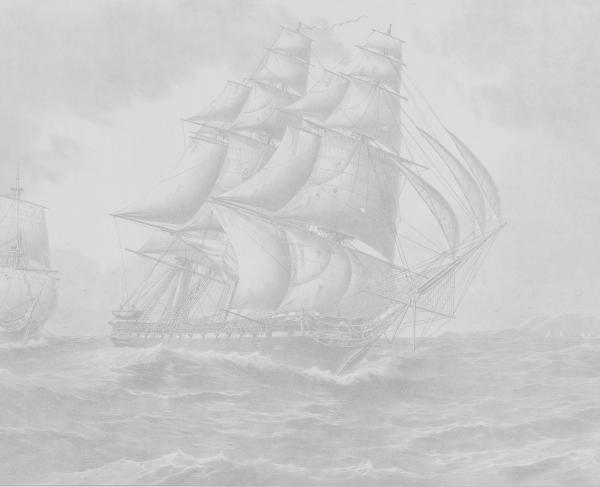1812: Jefferson to Madison, May 30

President James Madison wrote to his friend and former President Thomas Jefferson, asking for advice on justifying war with Great Britain while recognizing that France also opposed American neutral shipping and commerce. Madison hoped to avoid going to war with both European nations. Jefferson replied with his opinion.
Thomas Jefferson to James Madison
Monticello May 30. 12.
Dear Sir,
Another communication is inclosed, and the letter of the applicant is the only information I have of his qualifications. I barely remember such a person as the Secretary of mr. Adams & messenger to the Senate while I was of that body. It enlarges the sphere of choice by adding to it a strong federalist. The triangular war must be the idea of the Anglomen, and malcontents, in other words the federalists and quids. Yet it would reconcile neither. It would only change the topic of abuse with the former, and not cure the mental disease of the latter. It would prevent our Eastern capitalists and seamen from employment in privateering, take away the only chance of conciliating them, & keep them at home idle to swell the discontents; it would completely disarm us of the most powerful weapon we can employ against Gr. Britain, by shutting every port to our prizes, & yet would not add a single vessel to their number; it would shut every market to our agricultural productions, and engender impatience & discontent with that class which in fact composes the nation, it would insulate us in general negociations for peace, making all the parties our opposers, and very indifferent about peace with us, if they have it with the rest of the world, and would exhibit a solecism worth of Don Quixot only, that of a choice to fight two enemies at a time, rather than to take them by succession. And the only motive for all this is a sublimated impartiality at which the world will laugh, and our own people will turn upon us in mass as soon as it is explained to them, as it will be by the very persons who now are laying that snare. These are the hasty views of one who rarely thinks on these subjects. Your own will be better, and I pray to them every success & to yourself every felicity.
TH. Jefferson
Source: National Archives, Founders Online, Thomas Jefferson to James Madison, May 30, 1812.

